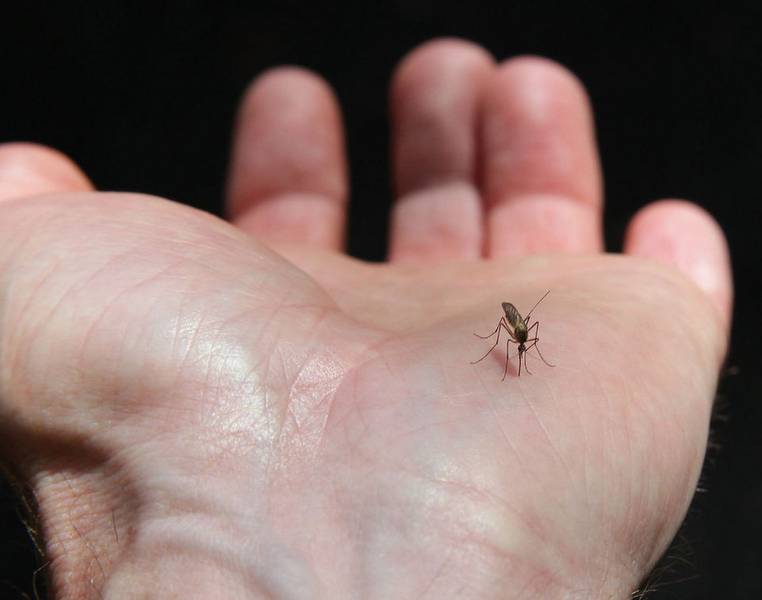Pilbara and Kimberley warned of increased mosquito-borne disease risk

The Department of Health is warning residents and travellers in the Pilbara and Kimberley regions to take additional precautions to avoid mosquito bites, following the first evidence of Murray Valley encephalitis (MVE) and Kunjin virus activity this season.
While no human cases of MVE or Kunjin have been reported this year, evidence of virus activity has been detected through the Department of Health’s sentinel chicken surveillance program. The program is run in collaboration with local government and PathWest, to provide early warning of virus activity within the environment.
Department of Health Managing Scientist, Dr Abbey Potter, said MVE and Kunjin viruses are transmitted to people through the bite of an infected mosquito.
“There is currently no specific treatment or vaccine for either virus. The only effective way to prevent infection is to avoid being bitten by mosquitoes,” she said.
“While the risk of being infected and becoming unwell is low, the resulting illness can be severe. In the case of MVE, infection can be fatal.”
Initial symptoms of MVE include fever, drowsiness, headache, stiff neck, nausea and dizziness. People experiencing these symptoms should seek medical advice as soon as possible. In severe cases, people may experience seizures, lapse into a coma, be left with permanent brain damage or die.
In young children, fever might be the only early sign of infection. Parents should see their doctor or local health service if concerned, particularly if their child experiences drowsiness, floppiness, irritability, poor feeding, or general distress.
Dr Potter said symptoms of Kunjin virus disease are usually milder than MVE, but in rare cases, infection may result in headache, neck stiffness, fever and coma.
Individuals do not need to change their travel plans. However, it is important that residents and travellers to the Pilbara and Kimberley regions take the following simple steps to avoid mosquito bites:
- avoid outdoor exposure, particularly at dawn and early evening;
- wear protective (long, loose-fitting, light-coloured) clothing when outdoors;
- apply an effective personal repellent containing diethyltoluamide (DEET) or picaridin evenly to all areas of exposed skin and always follow the label instructions;
- ensure infants and children are adequately protected against mosquito bites, preferably with suitable clothing, shoes/socks, bed nets or other forms of insect screening;
- remove water holding containers from around the home and garden to ensure mosquitoes do not breed in your own backyard;
- use mosquito coils and mosquito lanterns and apply barrier sprays containing bifenthrin in patio and outdoor areas around houses;
- ensure insect screens are installed and in good condition on houses and caravans; and
- use mosquito nets and mosquito-proof tents if sleeping outside.
For more information about mosquito prevention visit:
http://healthywa.wa.gov.au/Healthy-living/Prevent-mosquito-bites

